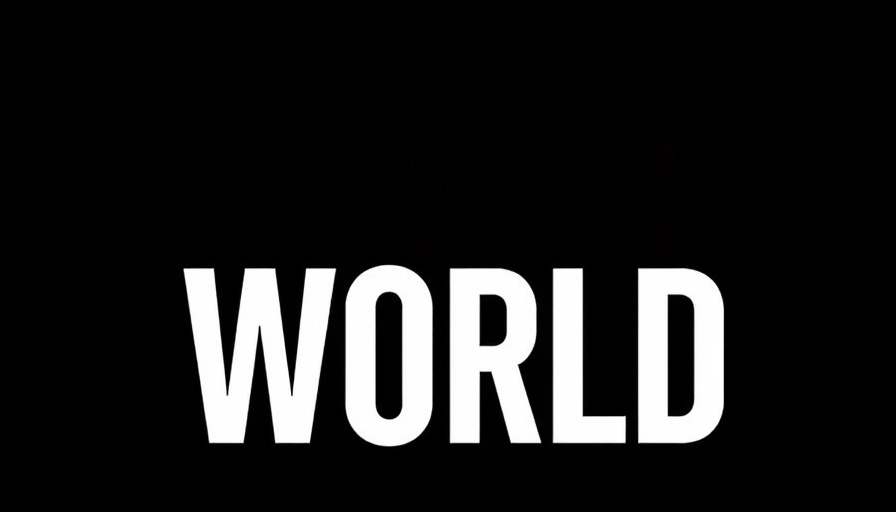
A New Chapter in Stuttgart's Public Transport
In a significant step toward a greener future, the city of Stuttgart has begun incorporating advanced technology into its public transport system. The introduction of ten Mercedes-Benz eCitaro G fuel cell vehicles marks a progressive shift away from diesel buses and sets a template for sustainability in urban transport.
Revolutionizing Public Transport with Hydrogen
The latest advancement in Stuttgart's bus fleet includes an innovative hydrogen-powered drive mode, specifically designed to enhance the operational capabilities of the new eCitaro G buses. These vehicles utilize hydrogen as an energy source, enabling them to operate independently of standard charging infrastructure. This autonomy allows for longer operational ranges, crucial for urban transit systems experiencing high demand.
Advantages of eCitaro G’s Hydrogen Drive
One of the standout features of the eCitaro G is its efficiency during operation. The vehicle’s hydrogen fuel cell acts as a range extender, ensuring that the buses can recover energy effectively through braking – a common occurrence in urban settings. By recuperating energy, these buses outperform their hybrid and purely electric counterparts, which struggle with frequent stops and starts. This makes them a fitting choice for the challenging topography of Stuttgart, especially in hilly areas.
Commitment to Sustainability
The move towards an emission-free fleet is not just a technological upgrade but part of Stuttgart's broader climate goals. By 2027, the Stuttgarter Straßenbahnen AG (SSB) plans to completely eliminate diesel buses from the city center, with an ambitious target to achieve climate neutrality city-wide by 2035. This commitment to sustainability aligns with global trends as cities around the world look to reduce their carbon footprints.
Regaining Trust with Advanced Technology
The shift to hydrogen fuel cells is not merely about reducing emissions; it also presents an opportunity for public transport to regain the trust of urban citizens. As emissions and pollution become central concerns, having a fleet that operates entirely on hydrogen can enhance the public’s confidence in sustainable transport options. Furthermore, initiatives like these signal to potential riders that the city is investing in the future of clean transportation.
Practical Insights for Dealerships
This technological advancement provides dealerships an opportunity to reposition themselves as leaders in sustainable vehicle sales, particularly as consumer interest in eco-friendly transport grows. Keeping abreast of these developments can empower dealership owners and general managers to inform clients about the latest advancements in eco-friendly vehicle options.
Future Implications for Urban Transport
The deployment of these hydrogen buses serves as a case study for other cities considering similar transitions. As Stuttgart pushes the envelope on sustainable practices, the operational datasets from this implementation could provide valuable insights for public transport initiatives in urban areas worldwide.
In conclusion, the advent of eCitaro G fuel cell vehicles represents not just an improvement in Stuttgart's transport network, but a blueprint for other cities aiming for a sustainable transportation ecosystem. It emphasizes the importance of innovation and the need for continuous investment in environmentally friendly technologies. For dealerships, staying informed on public transport innovations can lead to engaging customers with the future of vehicle technology.
 Add Row
Add Row  Add
Add 

 Add Row
Add Row  Add Element
Add Element 




Write A Comment